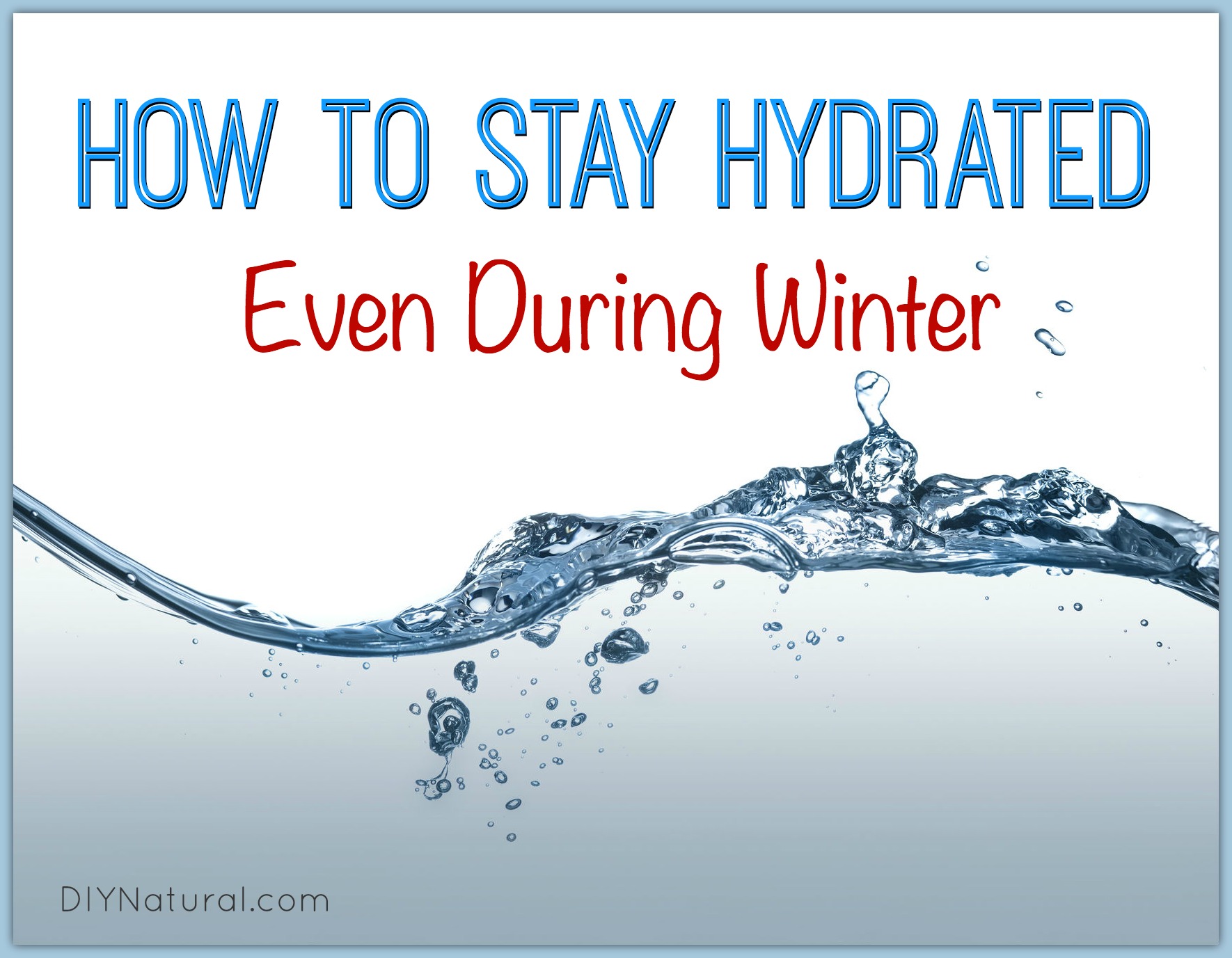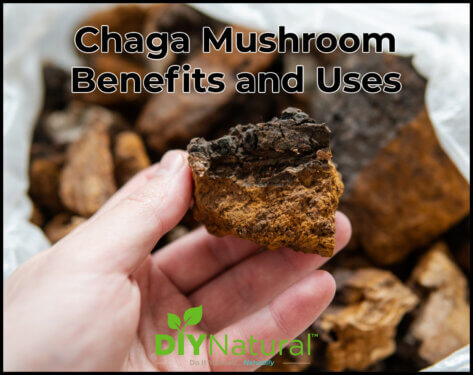How To Stay Hydrated Even When It’s Cold
During the summer we’re often very aware of how dehydrated we can get. We sweat, we lose water, and we try to replace it. Warnings of heat stroke and heat exhaustion are everywhere. In the winter, dehydration can be just as dangerous, but we’re often unaware of it like we are in the heat of summer. Let’s learn how to stay hydrated, even in the winter.
Causes of Dehydration
Just living in the winter air can be tough on our bodies. We go from dry heated air in our homes, to cold dry air outside, to dry heated air in a building, and then the opposite as we leave. Exercise can dehydrate you in the winter just as much as in the summer, maybe more, due to the lack of humidity in the air. Dry air in buildings can contribute to all kinds of health problems. Alcohol can also be a contributing factor as it is know to be dehydrating. And smoking can decrease circulation which can dry out your skin, among other problems.
Symptoms of Dehydration
Often we can’t tell that we are becoming dehydrated. It’s not immediate, like being shocked if you touch and electric fence, but more of a gradual process. You may start to feel achy or possibly confused. A headache may start or you may get moody or cranky. You could develop really dry, flaky skin. One of my biggest problems in dry weather is nosebleeds. My sinuses get dried out and can crack, leading to frequent nosebleeds.
These symptoms may not occur with everyone, so you need to be aware of your body. One sure way to tell if you’re dehydrated is by looking at your urine. If your urine is dark or even yellow, you’re either dehydrated or on your way there. Now, there are some things that may cause colored urine, such as eating beets (pink) or B vitamins (bright yellow), but normally your urine should be clear or very light yellow. And the output should be once every few hours. If you’ve been working from 8 am to 4 pm and have only gone to the bathroom once, you’re probably dehydrated.
Hydrating Food and Drinks
There are many foods and drinks that can be consumed to help improve hydration. Here are some of them:
- Fruits such as apples, cantaloupes, watermelon, and oranges.
- Vegetables such as celery, cucumbers, tomatoes, and lettuce. I often say that iceberg lettuce is really no good for you, but in moisture content, it can’t be beat.
- Hidden sources such as oatmeal, yogurt, soup, and smoothies.
- Coffee and tea – they’re not as dehydrating as once thought. Try green tea for extra nutrients.
- Coconut water is hands down the one juice that will hydrate you more than any others.
- Of course, all juices contain large amounts of water. Some are high in natural sugars, but most have nutrients that outweigh the downsides of the sugars. I mix my juice half and half with water to cut the sugar and tone down the potency. This works great with higher acid juices like cranberry or grapefruit.
- Sports drinks with electrolytes are very hydrating as well, but these often contain a lot of sugar. To make your own, check out our recipe for a homemade natural sports drink.
Other Ways to Hydrate Your Body
- Use a humidifier. In the winter our homes and work places tend to be dry due to heating the air. A humidifier can help tremendously. If you don’t have one, place a bowl or pan of water on a stove or near a heat source. This will let moisture into the air. (Matt and Betsy use and recommend this humidifier.)
- Take a long bath or shower, and then seal the moisture into the skin. This can help keep your skin from becoming too dry. Prop the bathroom doors open to let the steam into the other rooms.
- Grow plants indoors. Plants tend to give off moisture into a room, just be sure to keep them well watered, as the soil can dry out rapidly in heated rooms.
- Get outside more. Staying inside dry heated homes and offices can dry you out. Allow some of the moisture outside to naturally infiltrate your body.
- Eat well. Stay away from salty, processed foods which can rob your body of much needed moisture.
How about you?
What are some tricks you’ve learned to stay hydrated?
*******





This is what my chiropractor told me. For every pound you weigh, you should be drinking one half an ounce of water, each and every day. In other words, if you weigh 100 pounds you should be drinking 50 ounces of water. If you weigh 150 pounds then it’s 75 ounces per day. I believe water is the great preventative and I drink 80 ounces of filtered water every day and have for years. Drink up!!!
Thanks Paulette! That makes it simple to now how much water everybody needs per day.
Sorry, know not now. Sometimes autocorrect just isn’t right!